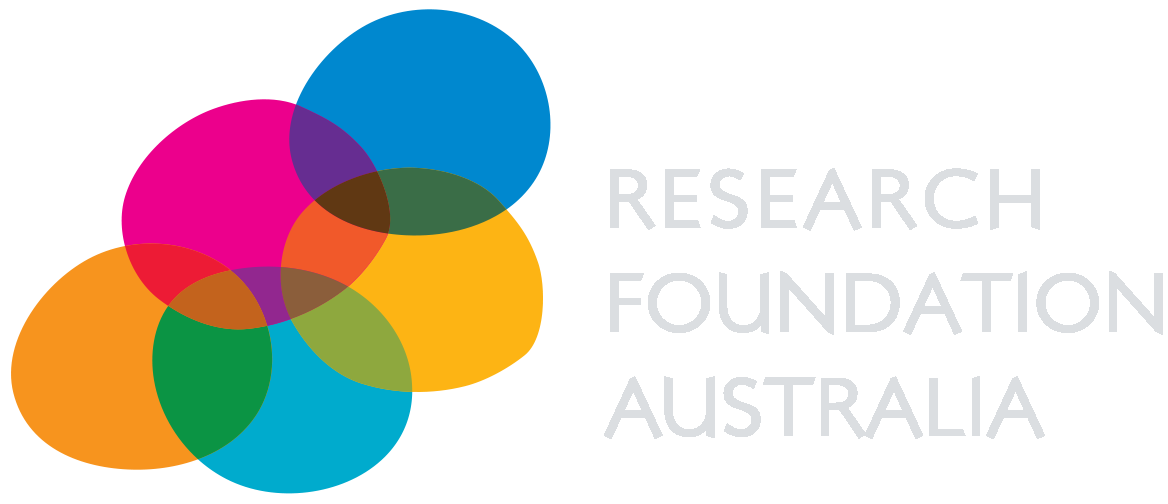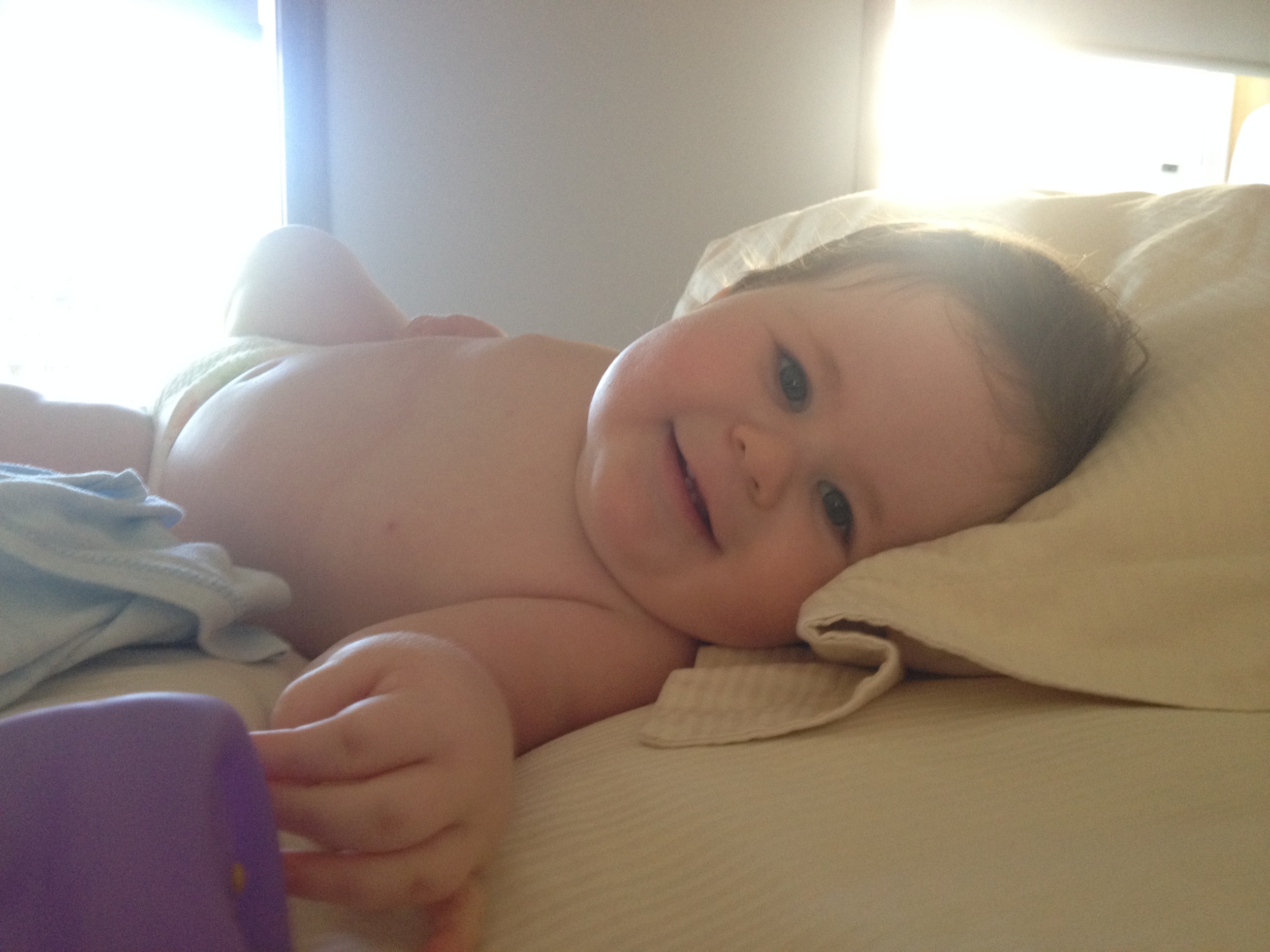Chromosome 15 Biobank
The Chromosome 15 Biobank is purpose-built to store biological samples and clinical data for research into rare genetic diseases caused by changes to genes on Chromosome 15, including Prader-Willi Syndrome (PWS) and Angelman Syndrome (AS).
PWRFA helped to establish the Biobank in partnership with Associate Professor David Godler and Professor David Amor from Murdoch Children’s Research Institute (MCRI) and The Royal Children’s Hospital (RCH), and the Foundation for Angelman’s Syndrome Therapeutics (FAST). This project is funded by donations from PWS and AS families, a competitive grant awarded by the Laurence G and Jean E Brown Charitable Trust through Perpetual’s IMPACT program, and generous in-kind contributions from Associate Professor Godler’s lab at MCRI.
The Chromosome 15 Biobank will help researchers to better understand the links between the genetic changes that cause PWS and the behavioural, intellectual and physical challenges faced by people with PWS.
-
If you’ve already joined the Biobank, THANK YOU for supporting this project to help Activate PWS research. By contributing samples to the Biobank you are helping researchers to better understand what causes the symptoms of PWS, and you’ve contributed to research that may lead to new treatments for PWS.
If you’d like to join the Biobank, we’re seeking people with PWS of any age. We are currently recruiting in Victoria and NSW. To find out more about what’s involved please contact the study coordinator: diagnosis.development@mcri.edu.au
-
The biobank contains the following:
Biospecimens:
Blood and its derivatives including frozen viable peripheral blood mononuclear cells (PBMCs)
Buccal Epithelial Cells (BEC)
Saliva
Newborn blood spots
Clinical data:
Medical history information,
Anthropometric measurements,
Psychological functioning outcomes derived from formal neuropsychological assessments and questionnaires relating to:
Intellectual functioning
ASD features
Adaptive Behaviour skills
Maladaptive Behaviours
Psychiatric / mental health issues
Hyperphagia symptom
To access samples for research you will need to submit an application, and be able to:
Provide evidence of ethics approval,
Enter into a Material Transfer Agreement with MCRI,
Provide appropriate acknowledgment in all publications, and communications,
Provide progress reports annually
The Biobank operates on a cost-recovery model for academic requests, with the fee being dependent on the time required to access the samples and data, and the cost of transport. Costs for commercial/Industry requests will be determined on a case-by-case basis.
For further information please email: diagnosis.development@mcri.edu.au




